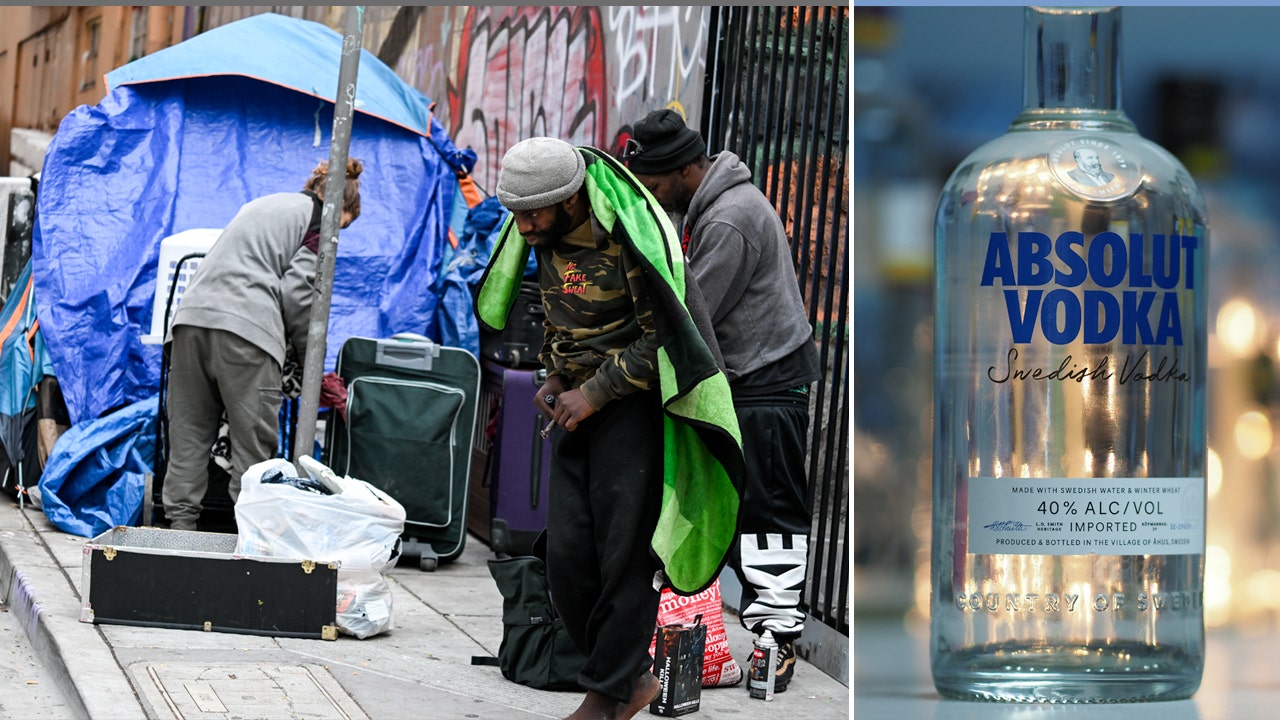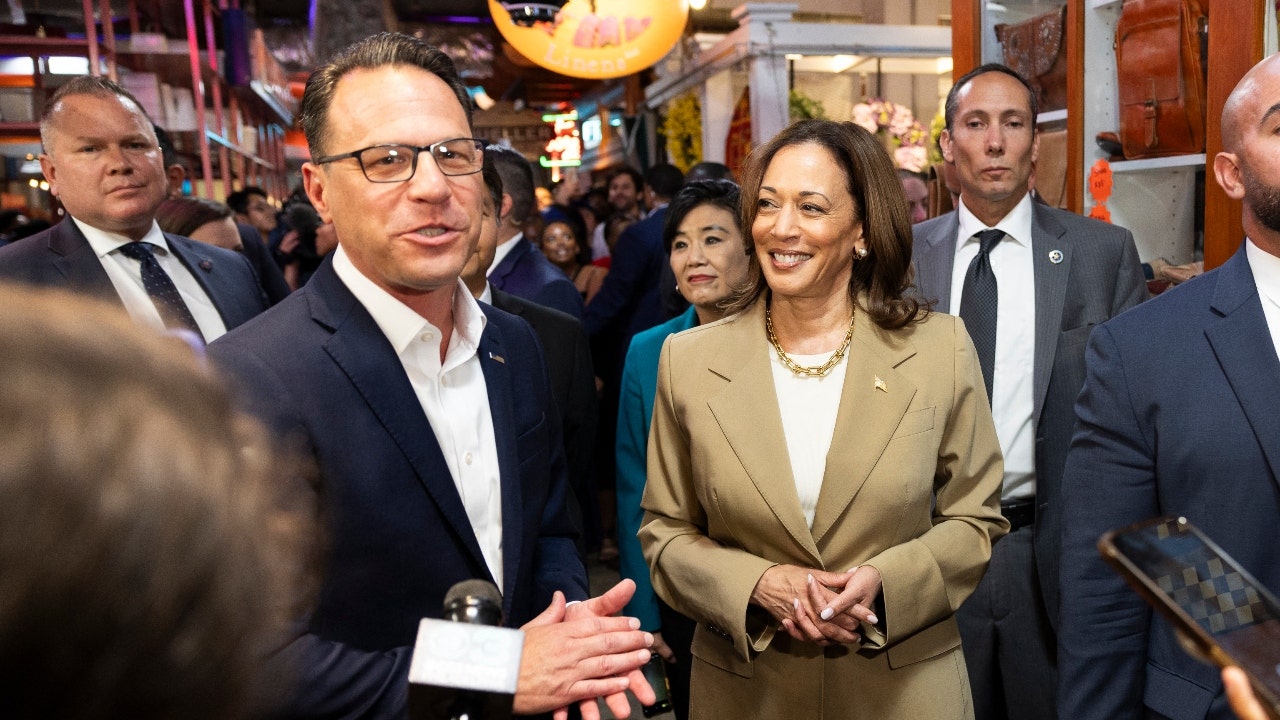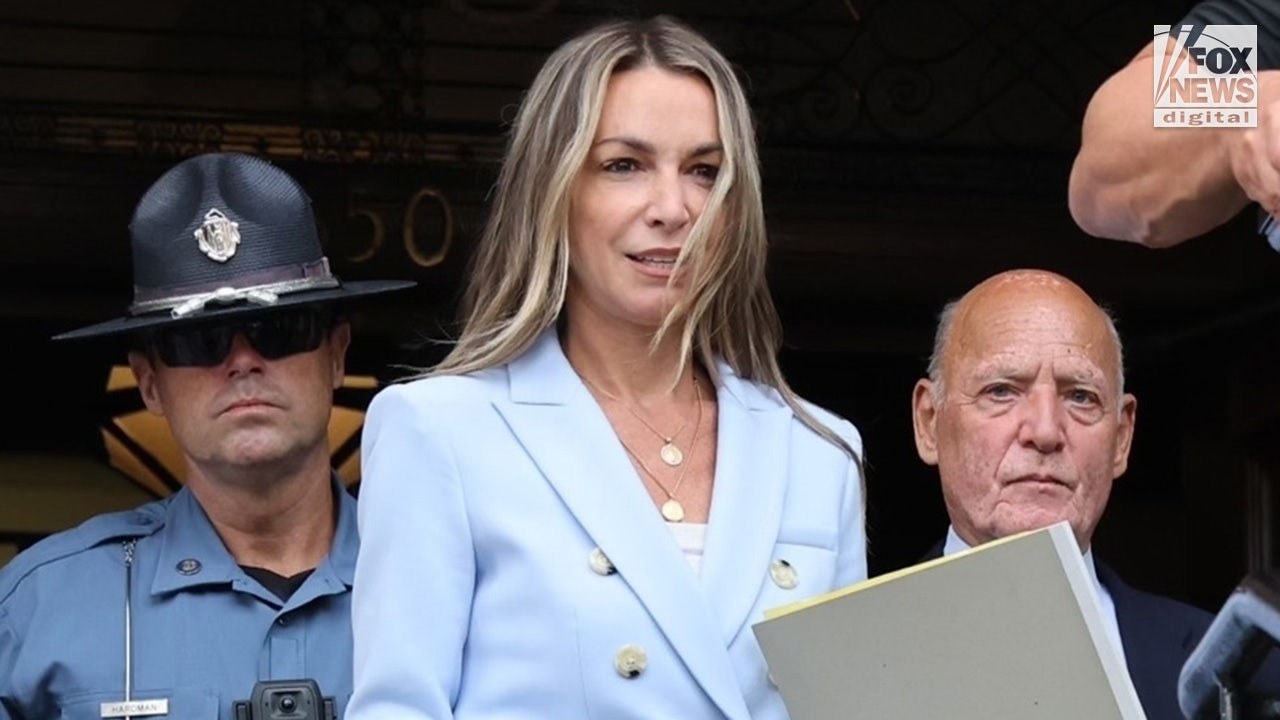Justice Clarence Thomas recently hired a law clerk who was previously accused of sending racist text messages, resurfacing the controversy around her.
Crystal Clanton will begin clerking for the justice in the upcoming term, according to the Antonin Scalia Law School, from which she graduated in 2022.
In late 2017, a New Yorker story reported that Ms. Clanton, who had served for five years as the national field director at Turning Point USA, a conservative student group, had sent the text messages, including the statement “i hate black people,” to another employee. The New York Times has not seen the messages.
Ms. Clanton, who had resigned from the group by the time the article came out, told The New Yorker at the time that she had no recollection of the messages and that “they do not reflect what I believe or who I am and the same was true when I was a teenager.” (Ms. Clanton would have been 20 years old when the messages were sent.) She did not respond to requests for comment on Saturday.
In the years since, Ms. Clanton has maintained a close relationship with Justice Thomas and his wife, Virginia Thomas. Ms. Thomas once served on the advisory board of Turning Point USA, and subsequently hired Ms. Clanton. The justice has called the allegations against Ms. Clanton unfounded and said that he does not believe her to be racist.
Justice Thomas did not respond to a request for comment.
The Thomases have welcomed Ms. Clanton into their inner circle. Photos from the Thomases’ 2022 holiday newsletter show that she joined the couple for Thanksgiving dinner. The Thomases also celebrated her graduation from Scalia Law.
The law school, which is part of George Mason University, has long stood out for its ties to conservative donors. It has worked to cultivate a close relationship with the Supreme Court justices, several of whom have taught there or served as guests at school events, including Justice Thomas. The school was renamed after Justice Scalia in 2016, the result of a $30 million gift crafted by Leonard Leo, a conservative activist who has worked to push the federal judiciary to the right.
Justice Thomas gave Ms. Clanton a boost to start off her legal career: He supported her in getting a federal clerkship and wrote in a letter of support that he would consider her for a Supreme Court clerkship. Law clerks assist justices in reviewing the thousands of petitions filed to the court each year and work with them on pending cases.
Ms. Clanton first clerked for U.S. District Judge Corey L. Maze in Alabama, then for Judge William H. Pryor Jr., a federal appeals court judge on the Eleventh Circuit who is known to send clerks to the Supreme Court.
After Judge Pryor hired Ms. Clanton, the controversy surrounding her resurfaced. A group of seven members of Congress wrote a letter to Supreme Court Chief Justice John G. Roberts Jr., raising concerns about Ms. Clanton’s hiring. In the letter, the lawmakers raised concerns that such a decision would be “singularly problematic” because of “the proximity law clerks have to judicial decision-making.”
A federal judicial panel cleared both judges of any wrongdoing in January 2022. One of the judges who reviewed the matter wrote that Judge Maze and Judge Pryor both had known about the allegations when they hired Ms. Clanton, but that they had determined they were untrue and found her highly qualified.
In the Scalia Law announcement of Ms. Clanton’s Supreme Court clerkship, Judge Pryor gave her a warm recommendation: “After Judge Maze recounted to me how well Crystal performed in her clerkship on the district court, I had high expectations for her on the Eleventh Circuit,” Judge Pryor said. “And she exceeded those expectations. Crystal is an outstanding law clerk.”
Steve Eder contributed reporting for this story.






